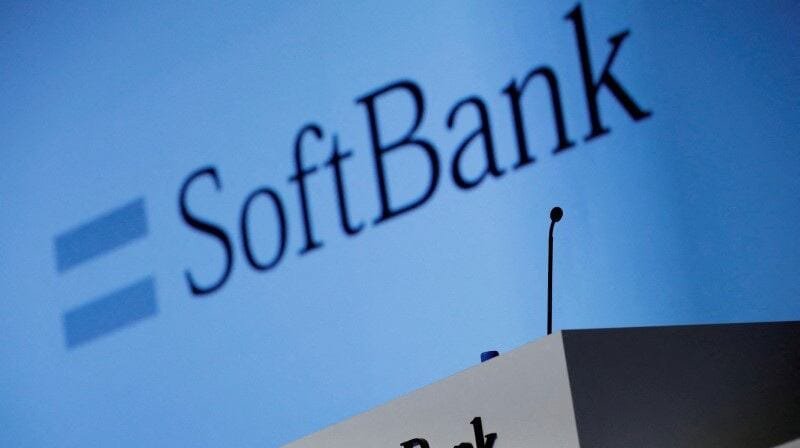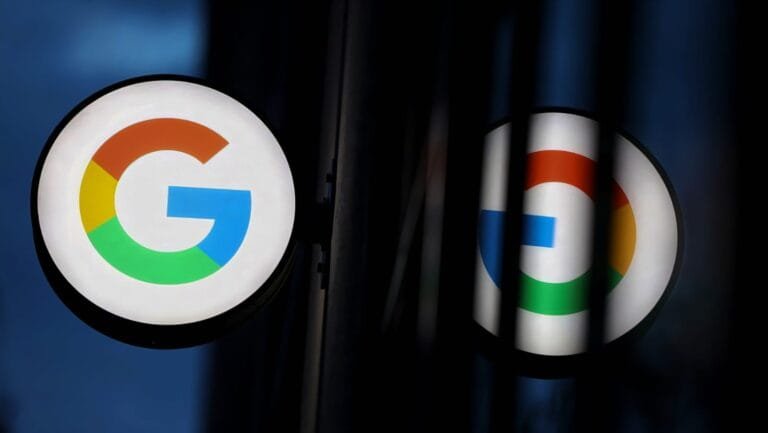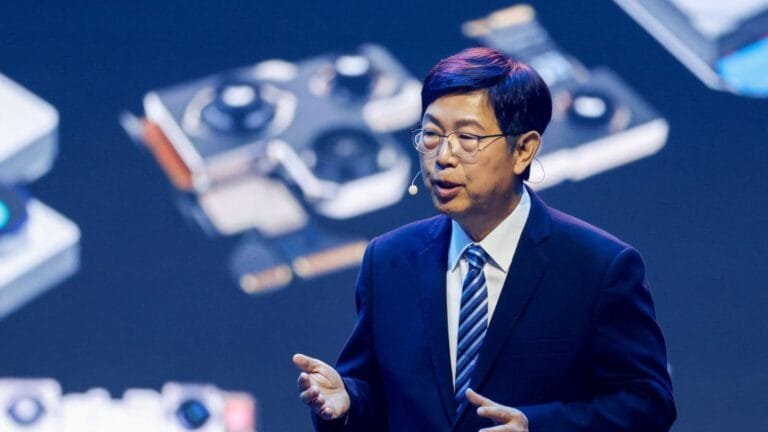
Masayoshi Son, CEO of SoftBank, repositions investments after the $5.8B Nvidia AI sale.
Background: SoftBank Nvidia AI sale, Nvidia and the AI Revolution
Who is SoftBank? SoftBank is a Japanese technology-financial group, primarily led by Masayoshi Son. Its primary focus has been to advance technology and AI (Artificial Intelligence) industries. While Nvidia is primarily a GPU (graphics processing unit) manufacturer, its role in the development of AI and machine learning has expanded significantly, particularly in the context of large data centers, cloud computing, and generative AI.
The Event: $5.8 Billion Sale
SoftBank maintains that the sale is not due to a perceived weakness in Nvidia, but rather that it needed the capital to invest in emerging AI businesses and large AI infrastructure projects, such as OpenAI and a data center initiative called “Stargate.” For example, SoftBank announced that its “Stargate” project was to expand US data-center capacity and raise significant capital. Stock Market Impact When this news broke, Nvidia shares fell by approximately 2-3%, suggesting that investors viewed the sale as a sign that the AI market was now so high that it could recover.
Why are bubble concerns surrounding this sale?
The Case for High Valuations Nvidia and other AI-focused companies have achieved excessive valuations over the years, in some cases even rising by 1,000%+. Investors are questioning whether this growth is supported by actual business growth or simply expectations. When a major investor like SoftBank sells such a large stake, it could signal that they are considering further downturns. Risk Signal: When a major investor exits, it creates a “timing fear” that profits may be lower in the future. Furthermore, the costs of running AI infrastructure are significant, including data centers, chips, electricity, cooling, etc., and if their returns are not predetermined, the risk increases.
Some analysts have pointed out that SoftBank’s past investments have also experienced fluctuations; for example, they previously let go of significant profits by selling Nvidia. Metaphor: Dot-Com Bubble Similar to the “dot-com” bubble of the 1990s and 2000s, where the euphoria surrounding internet company stocks was so high that the market eventually crashed, similar fears are now being raised in the AI sector. Such comparisons are being made because the gap between “expectations” and “reality” may be widening.
SoftBank’s Strategy and Risks on SoftBank Nvidia AI sale
An “All-In” Approach to AI: SoftBank has clarified that it now intends to shift its energy and capital beyond “digital AI” to “physical AI,” such as robotics, autonomous vehicles, and data-center infrastructure. It then intends to invest in technologies where “machines will operate, and AI will be in the real world.” And here are the big projects: Stargate & OpenAI. SoftBank has launched a project called “Stargate,” which will build large data centers in the US (estimated to be worth approximately $500 billion). Furthermore, investment in OpenAI is increasing, and SoftBank says it needs to raise significant funds for the next phase. What are the risks? Capital expenditure is significant: investing in large data centers and robotics requires money, but if returns are not achieved, losses are possible.
Timing risk: If AI expectations rise too quickly and reality lags behind, profits will be diminished. Technology risk: AI is still in a development phase, and standards, applications, and market understanding are not yet fully established. Market risk: If investors perceive valuations as too high, they may begin to exit, triggering a downtrend.
What does this mean for investors?
Cautionary advice: If you want to invest in the AI sector, ensure the company is strong based on profitability, revenue growth, and a sustainable business model. Simply saying “AI is there, so it will grow” isn’t enough.
Pay attention to valuations: Is it supported by the company or simply based on expectations? Diversification is essential—putting all your money into a single “hyped sector” increases risk.
The importance of timing: When excitement is at its peak, the likelihood of a downturn increases. Impact in India and the Global Context: AI ventures are growing rapidly in India. If global capital sources are cut off or global markets decline, it could impact Indian tech stocks. Investors need to understand that the global tech environment also impacts local investments. Specifically, if the AI market in the US or Japan stagnates, chip manufacturers, the data center industry, or cloud services—all of which have grown in importance in India—could be affected.
Conclusion: SoftBank Nvidia AI sale
SoftBank’s sale of its Nvidia stake for $5.8 billion isn’t just an investment decision; it’s a sign of a shift taking place in the AI sector, with major investors viewing it from a “I need capital elsewhere” perspective. This could also signal that expectations have become too high. However, this isn’t necessarily a bubble.






